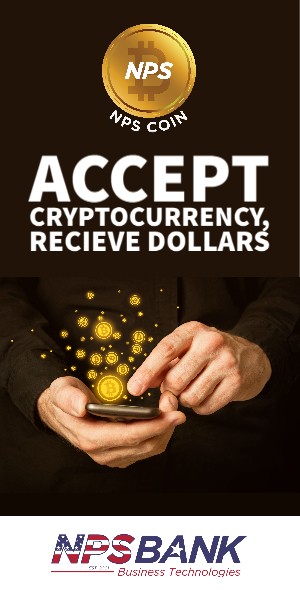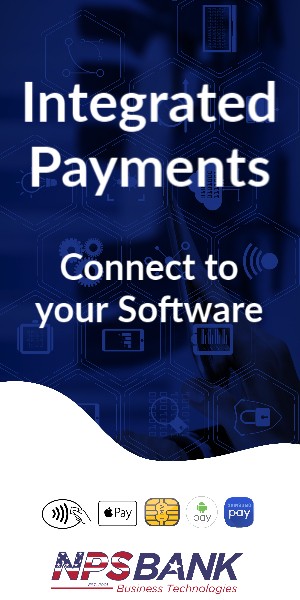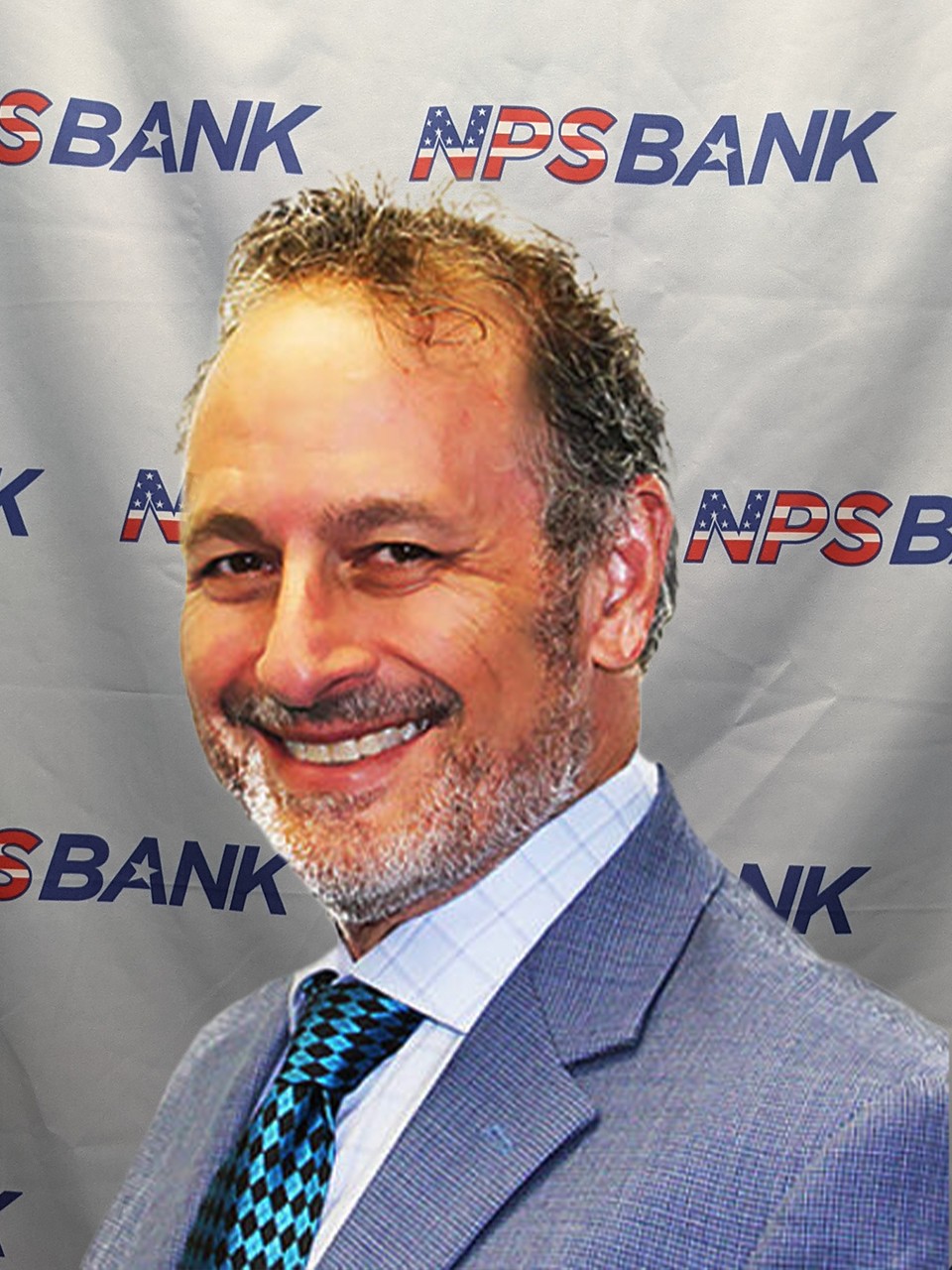
Why you should be dealing with an expert
Choosing a credit card company for your merchant account can be a daunting task for some merchants. Business owners need to make informed decisions and work with a group that can remove the anxiety as to what does your sales rep and processor do for you. Having a merchant account is a must-have to run a business in today’s world.
Working with the right company and the right consultant that has the experience & knowledge is important as well as an understanding of your industry, and can get you set up with the right type of account with the right processor and bank. Some of the mistakes merchants make are – working with their bank, selecting the wrong company that is not familiar with your industry could end up potentially costing you money, or worse, get your account shut down!
1. Questions you should ask or check your contract for:
- If you fail to do the volume on the app can the processor raise your prices?
- How much is the equipment going to cost?
- Are you buying it or leasing it?
- Do they replace the terminal overnight if there is an issue?
- Is there 24-7 customer support?
- If you are buying a pos system you might be tied to that company for processing – which is the way most of these systems work today!
2. Where do all the fees go?
Most of the fees that you pay go toward Interchange, Card Brand Fees, Authorization Fees, Transaction Fees, Bin Fees, Risk Fees, PCI Compliance, and other related fees that are set by the card brands and banks.
3. What is Interchange?
Interchanges are fees that the Card Brands charge and you can google it and find these fees, they are confusing that is why it is important to have the right merchant account so you get the best Interchange fees ***
4. What is debit? And is there a difference if you have to put in a PIN?
There are few types of debit, online debit – meaning the cardholder put in a pin-number and that transaction runs thru the Debit networks. Off-line Debit – where the card has a card brand logo and it is just run thru a terminal (EMV) or done as a non-card present transaction. There is also regulated debit and unregulated debit and all these transactions have interchange levels some as low as .05%.
5. I am working with my bank – is that good?
This can be good and or bad, in general bankers are not experts on credit card processing and they do know the ins and outs. In a recent case, a merchant told me their bank said they could save them over $100 per month – the bank used a base rate and did some math and showed these huge savings that did not exist. Also, banks tend to do a few other things: sell or lease terminals, use retail rates, and not set the merchant up with the right SIC code.
6. Pricing – why is it so confusing?
There are a few types of pricing that you will run into:
- Flat rate
- Tiered – 2,3,4 or 5 tier pricing
- Cost-plus or Interchange pass-thru
- Enhanced Bill Back
- Cash Discount or Surcharge Pricing
- Emerging Market
- Making sure you are working with an experienced professional is important so that you are coded correctly and you get the best pricing for the “Business Type” that you operate.
7. Why should I work with a merchant services professional?
Working with a professional – you will be able to get everything explained to you and depending on the type of account you need.
In many cases, merchants need a variety of solutions, card present, non-card present, website (e-commerce) mobile. In some cases, we have run into merchants who have multiple accounts and are spending too much on all the related fixed costs. We come in and review the setup and consolidate the accounts into 1 or 2 accounts from 3 to 5.
8. What is a payment gateway?
If you have a website, software, or point of sale system you might need a gateway to process your transactions. Gateway’s come with a variety of features, fraud filters, and more, make sure you are getting set up with the correct product for your business. There are many gateways through which a professional can guide you through the process.
9. What about E-commerce?
Matching your gateway to your shopping cart is important and then you have to make sure you learn how to set up your fraud filters and learn how they work. They are there to prevent fraud and save you money!
10. What are EMV, NFC, Contactless Payments, and do I need them?
EMV stands for Euro MasterCard Visa – this is the standard for chip card and NFC (near field communication or Contactless) Examples of NFC – Apple Pay, Google Pay, Android Pay, Samsung Pay, and other mobile wallets that can be used for credit card payments. If you are a card-present merchant you should always run the cards using an EMV reader. If you use the mag stripe instead you are opening your business up to chargebacks and you will lose them due to the fallback rule.
11. Why is your SIC code important for your merchant account?
Most business owners do not understand why this is important, however, this is VERY important and can save your business a TON of money if you are not coded correctly.
12. We sell B2B, how can NPS help us?
We analyze your statements, we then get you set up with software that will do automatic Level2 and Level3, Government Purchasing card – Interchange busting! Savings, if you are processing a lot of business cards, can be significant. Business cards are different than cards that are rewards, cashback, miles cards!




SUBSCRIBE TO OUR NEWSLETTER
Related Articles
No Results Found
The page you requested could not be found. Try refining your search, or use the navigation above to locate the post.

